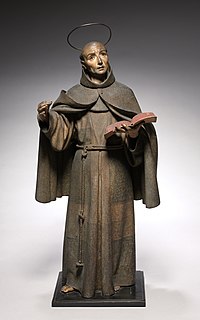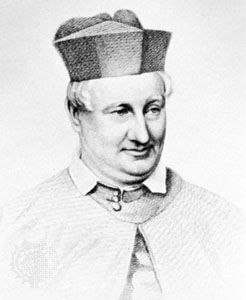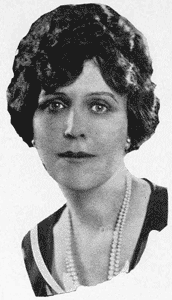A Quote by Thomas Adams
He who reforms himself, has done much toward reforming others; and one reason why the world is not reformed, is, because each would have others make a beginning, and never thinks of himself doing it.
Related Quotes
A man who finds himself among others is irritated because he does not know why he is not one of the others. In bed next to a girl he loves, he forgets that he does not know why he is himself instead of the body he touches. Without knowing it, he suffers from the mental darkness that keeps him from screaming that he himself is the girl who forgets his presence while shuddering in his arms.
No one who passively endures an injustice against himself has the material in him to struggle for the rights of others. The one who patiently forbears becomes an accessory to the injustice done to others. He who resists the injustice which he himself meets can open up the way to a higher right for others.
Life is a system of relations rather than a positive and independent existence; and he who would be happy himself and make others happy must carefully preserve these relations. He cannot stand apart in surly and haughty egoism; let him learn that he is as much dependent on others as others are on him.
And often he who has chosen the fate of the artist because he felt himself to be different soon realizes that he can maintain neither his art nor his difference unless he admits that he is like the others. The artist forges himself to the others, midway between the beauty he cannot do without and the community he cannot tear himself away from.




































